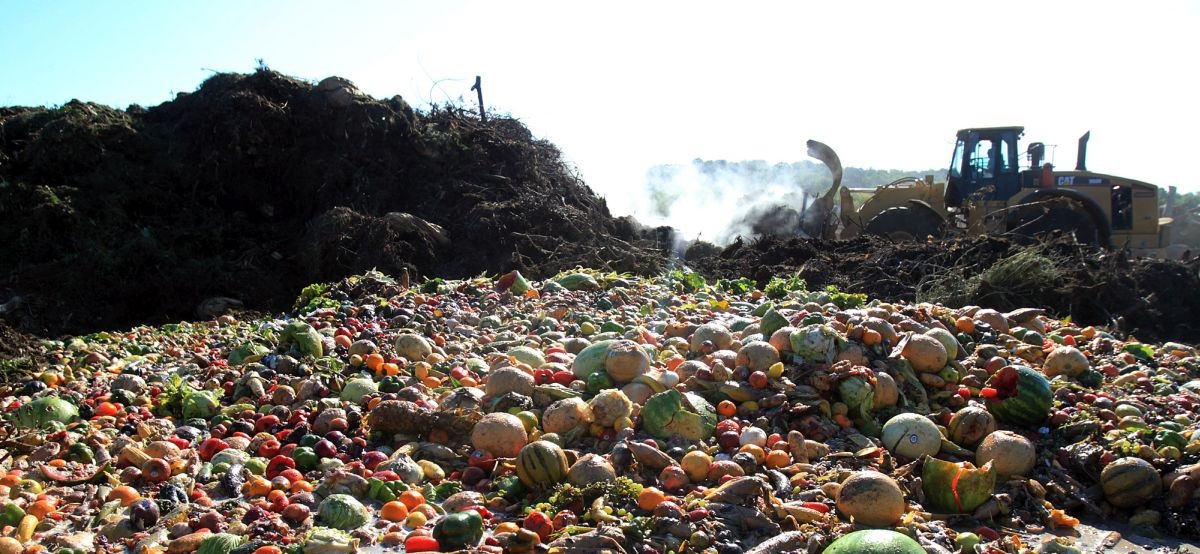
Arla Foods UK, the farmer-owned dairy company, and Dairy UK, the trade association for the British dairy supply chain, have announced their commitments to transform food and drink production.
As founding signatories to the Courtauld Commitment 2025, they have joined leading organisations from across the industry to work together to tackle food and drink waste, greenhouse gas emissions and water intensity.
The announcement signifies their continued commitment to work alongside the 90 other signatories to drive forward change, including food manufacturers, retailers, hospitality, trade bodies and local authorities.
The farmer-owned dairy companies have previously supported Courtauld 2 and Courtauld 3 over the last six years making a significant contribution towards reaching the targets set on packaging weight reduction, industrial waste and food waste.
The Courtauld Commitment 2025 is a voluntary agreement led by the Waste & Resources Action Programme (WRAP) which goes further than ever before with three ambitious targets:
• A 20% reduction in food and drink waste leading to saving of £20 billion;
• A 20% reduction in greenhouse gas intensity from food and drink consumed; and
• A reduction in impact associated with water use in the supply chain.
Commenting on Arla’s decision to sign the new Courtauld Commitment, Dan Kolding, Senior Vice President, Supply Chain, Arla Foods UK said: “Arla is delighted to be collaborating with some of the most important and innovative names in our sector.
“This commitment enables us to work collaboratively with our retail customers to drive forward reductions in the environmental impact of food production.”
“As one of the founder signatory members, we have been able to contribute to the design of this 2025 Commitment through detailed discussions and proposals. Its emphasis on food waste reduction is partly testament to our ambition to deliver change in this area.”
Dr Judith Bryans, Chief Executive of Dairy UK, said: “The dairy industry is a major player in the food sector and the Courtauld Commitment is a pivotal environmental initiative which, for the first time, brings all parties together under one voluntary agreement.
“More than 98% of the UK population consumes milk and dairy on a regular basis. So the challenge of ever more mouths to feed increases day by day, and the way that our industry interacts with the environment is hugely important.
“The dairy sector has been making tangible improvements for years and UK dairy businesses take their environmental responsibilities very seriously. There is clear evidence that the dairy industry is working extremely hard, and we are determined to meet an ambitious set of improvements over the next decade.
“This is a terrific initiative and underlines our commitment to stepping up to the challenge.”
Richard Swannell, Director of Sustainable Food Systems and Technical Lead, WRAP, said: “Courtauld 2025 is our most ambitious agreement yet and we are delighted that Arla and Dairy UK have pledged their support as signatories.
“We are faced with some big challenges ahead with rising populations, climate change and dwindling resources.
“But tackling food waste offers a practical option to address these challenges and in doing so, will create new opportunities.
“Only by working together can we hope to realise the big changes that are essential to ensuring a more prosperous future for individuals, businesses and the planet.”
As part of its focus on reducing its environmental impact, Arla has developed and is implementing global plans to minimise the environmental impact and maximise opportunities to collaborate within its total value chain.
Plans focus on the following four key areas: sustainable farming; climate; energy and water and zero waste and have stretching 2020 targets:
• Reducing Co2 by 30%: more milk, less harm, currently 22.5% ratio of reduced Co2;
• Increasing renewable energy by 30%: currently 19.1%;
• Zero Waste to landfill: achieved;
• 100% recyclable packaging: currently 82% of all Arla packaging is recyclable; and
• Reducing food waste by 50%: developing our global food waste strategy.
